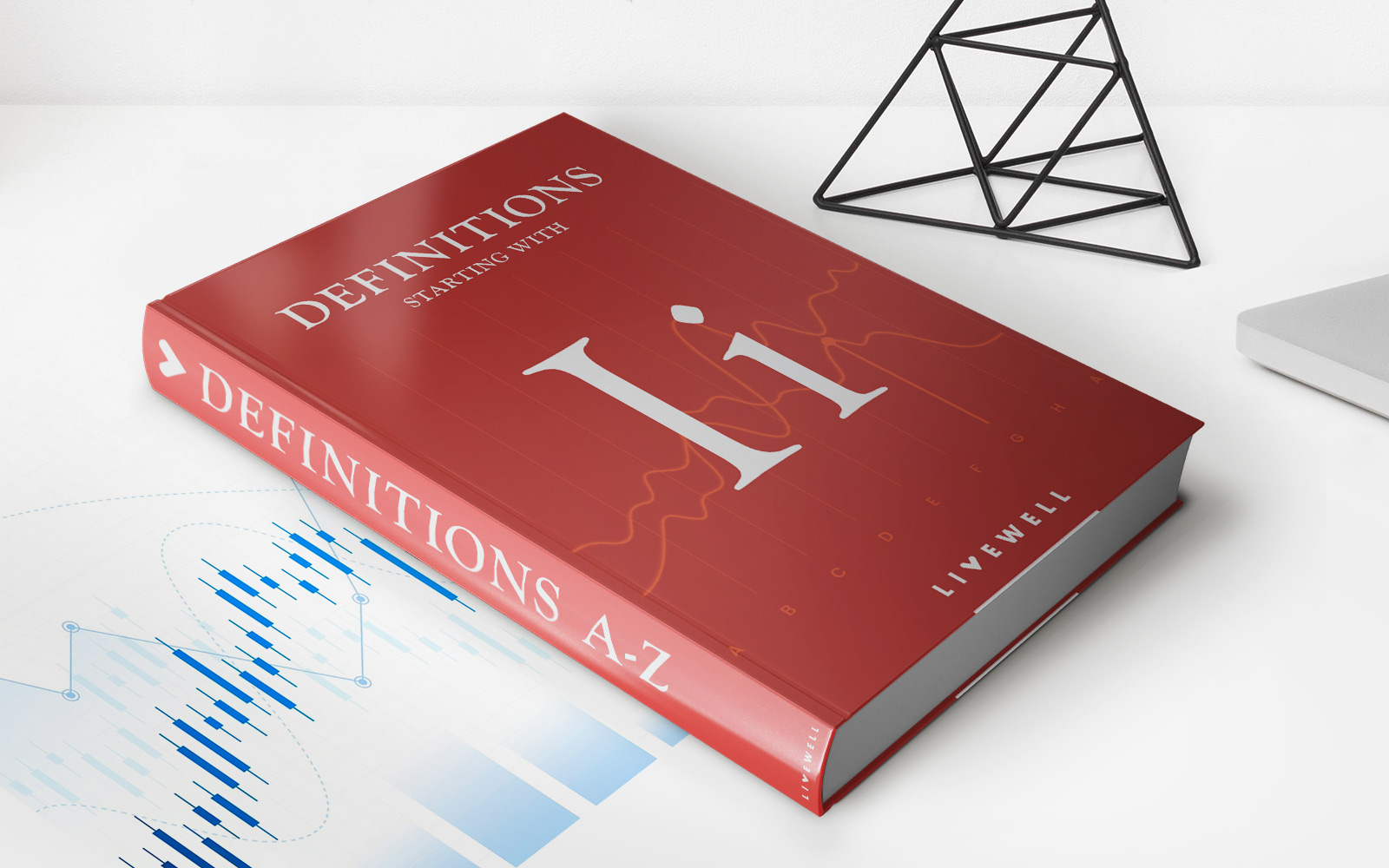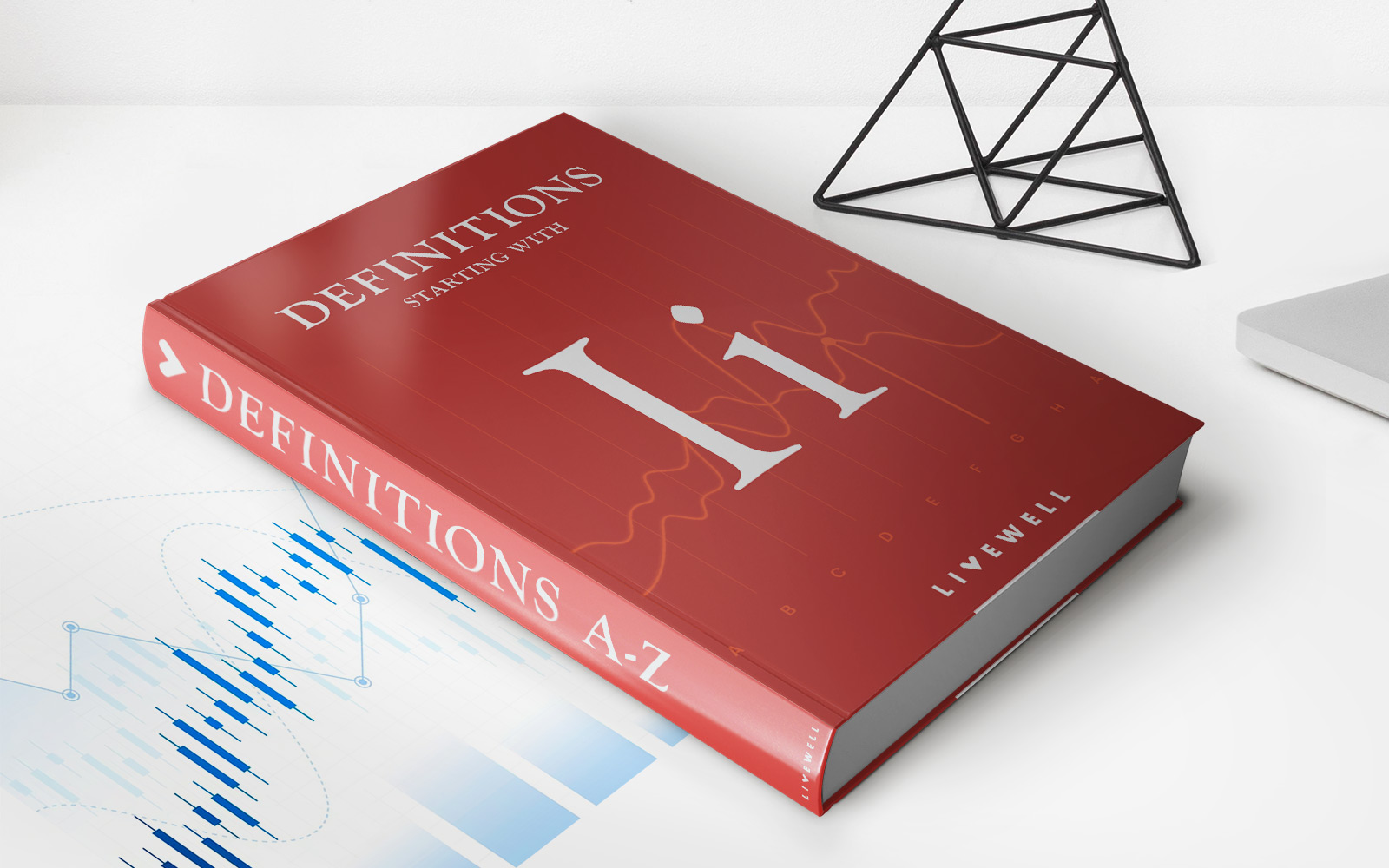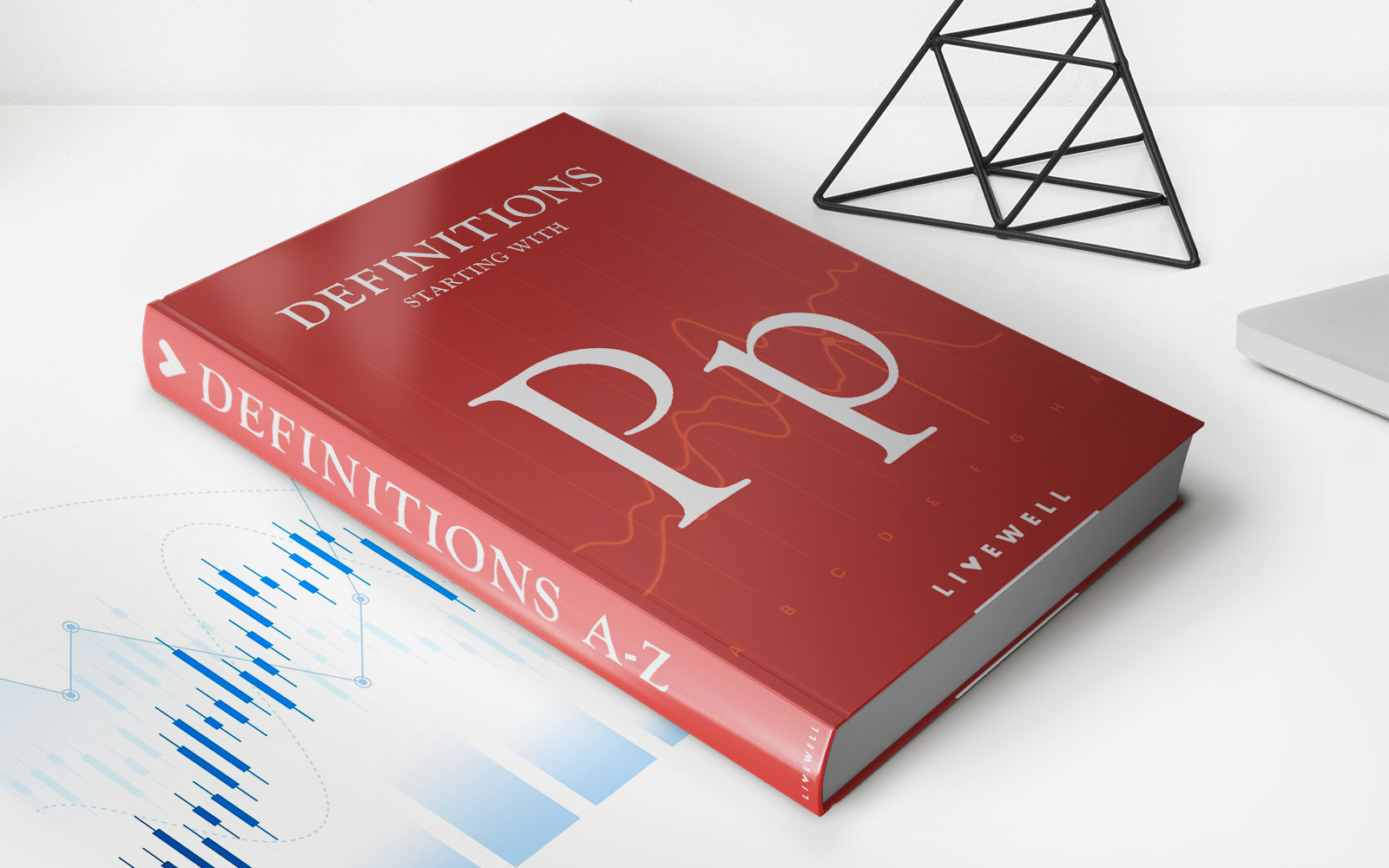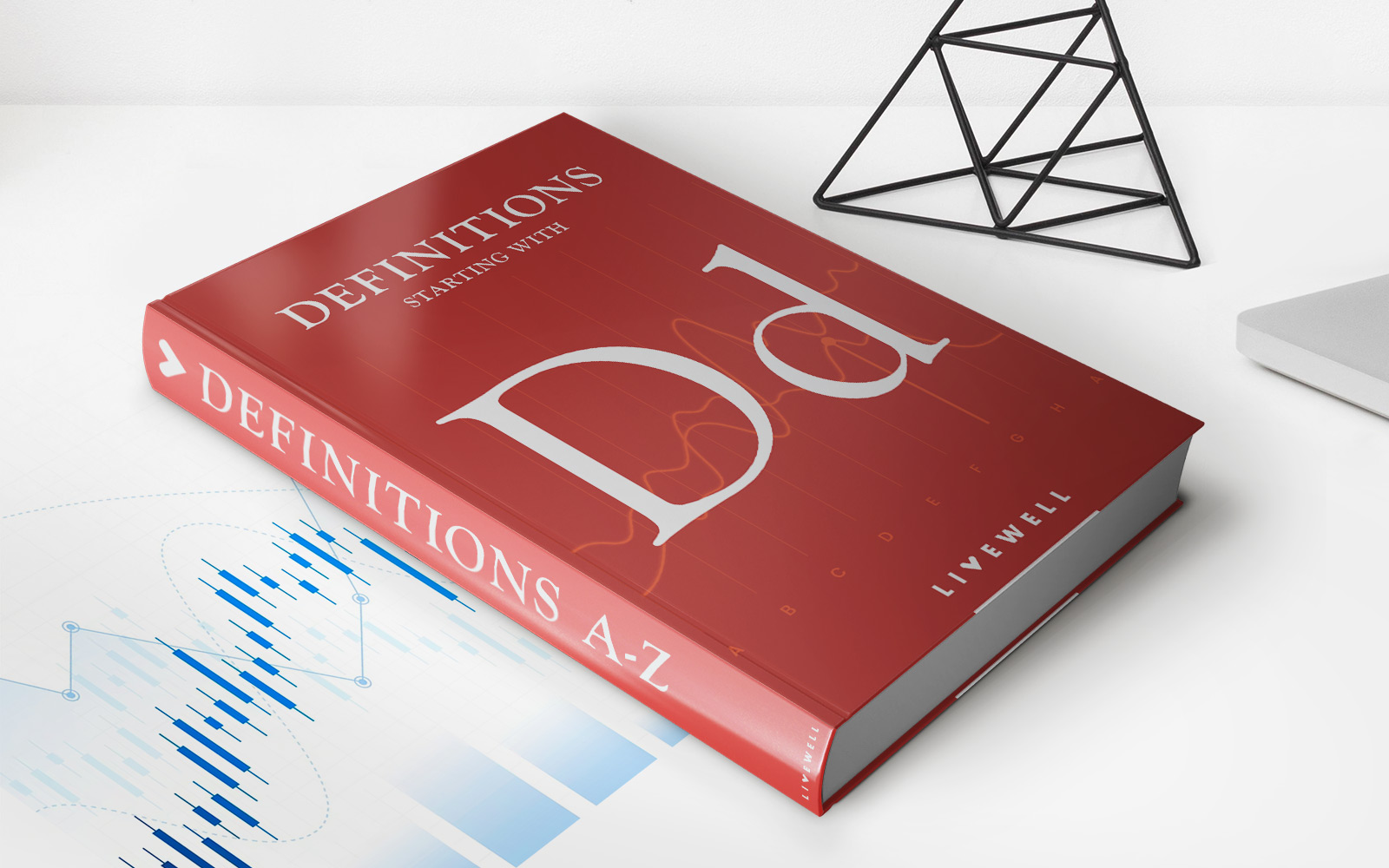

Finance
Iceland Krona (ISK) Definition
Published: December 6, 2023
Learn the definition of Iceland Krona (ISK) and its significance in the world of finance. Gain insights into the currency's role and value.
(Many of the links in this article redirect to a specific reviewed product. Your purchase of these products through affiliate links helps to generate commission for LiveWell, at no extra cost. Learn more)
Understanding Iceland Krona (ISK): A Guide to the Currency
When it comes to discussing finance, one cannot underestimate the importance of understanding currency and its fluctuations. In this blog post, we will dive into the world of Iceland Krona (ISK) and explore its definition, value, and significance in the financial landscape.
Key Takeaways:
- Iceland Krona (ISK) is the currency of Iceland.
- One Icelandic Krona is divided into 100 aurar (cents).
The Iceland Krona (ISK) has a rich history rooted in the cultural and economic development of Iceland. As the official currency of the country, it plays a vital role in facilitating trade and economic activities for both locals and international visitors.
The Definition of Iceland Krona (ISK)
The Iceland Krona (ISK) is the official currency of Iceland, a Nordic island country located in the North Atlantic Ocean. It is represented by the symbol “kr” and the currency code “ISK.” One Icelandic Krona is subdivided into 100 aurar (cents), although the aurar coins are no longer in circulation.
The Central Bank of Iceland, known as Seðlabanki Íslands, is responsible for the issuance and regulation of the Iceland Krona. The bank endeavors to maintain price stability and support economic growth through monetary policy measures.
Value and Fluctuations
Like any other currency, the value of the Iceland Krona (ISK) is subject to fluctuations in the foreign exchange market. The exchange rate of ISK is influenced by various factors, including economic indicators, interest rates, inflation, and geopolitical events.
Due to its relatively small economy and open capital markets, the value of the Iceland Krona (ISK) can experience significant volatility. It is essential for individuals and businesses engaging in Icelandic financial transactions to monitor exchange rates and stay informed about market trends.
Significance in International Trade and Travel
While Iceland is a small country, the Iceland Krona (ISK) holds importance in international trade and travel. For individuals visiting Iceland, having a basic understanding of the currency can enhance their travel experience and help them make informed financial decisions.
For international businesses trading with Icelandic partners, understanding the value and fluctuations of the Iceland Krona (ISK) is crucial for managing financial risks and ensuring successful commercial transactions. It is recommended to consult with financial experts or use foreign exchange services to navigate the complexities of international currency exchange.
Final Thoughts
The Iceland Krona (ISK) is more than just a currency; it represents the economic stability and cultural heritage of Iceland. Understanding its definition, value, and significance is vital for individuals, businesses, and travelers alike.
Whether you’re planning a trip to Iceland or involved in international trade, being knowledgeable about the Iceland Krona (ISK) will empower you to make informed decisions and navigate the ever-changing financial landscape.
Remember, currency is not just a piece of paper; it’s a gateway to exploring new horizons and connecting with the world.














